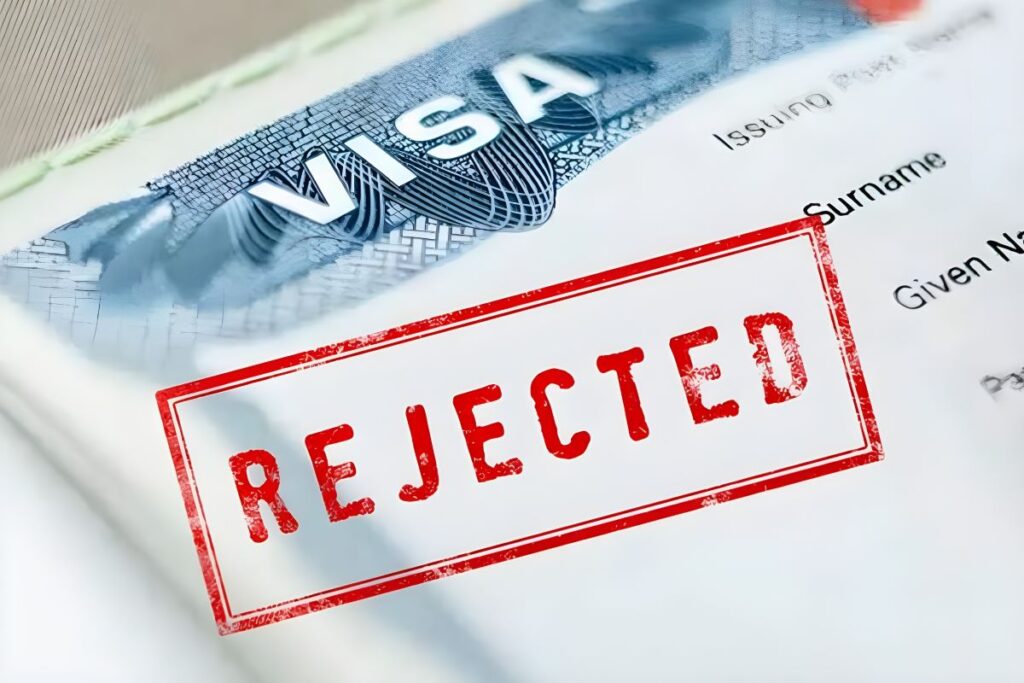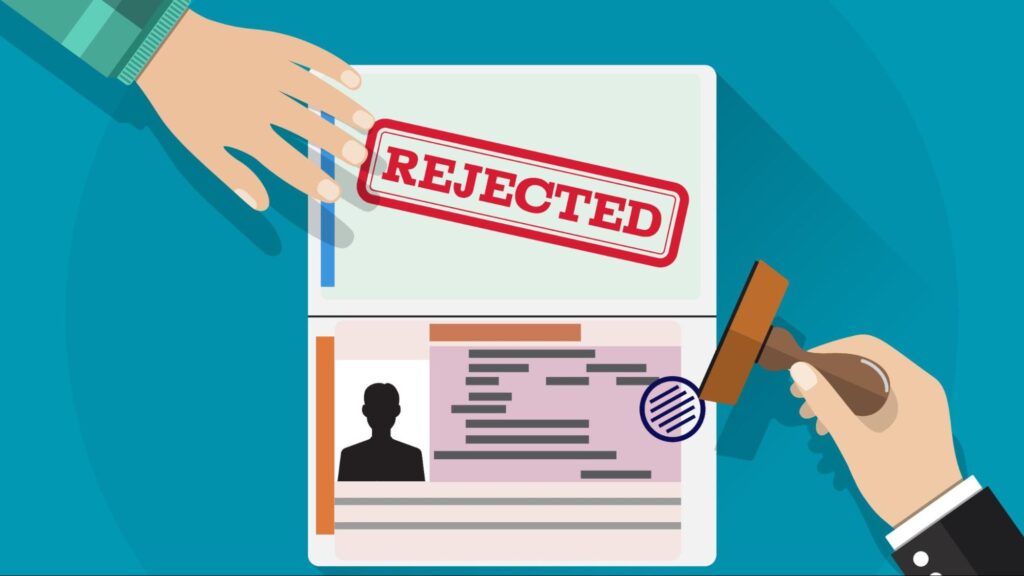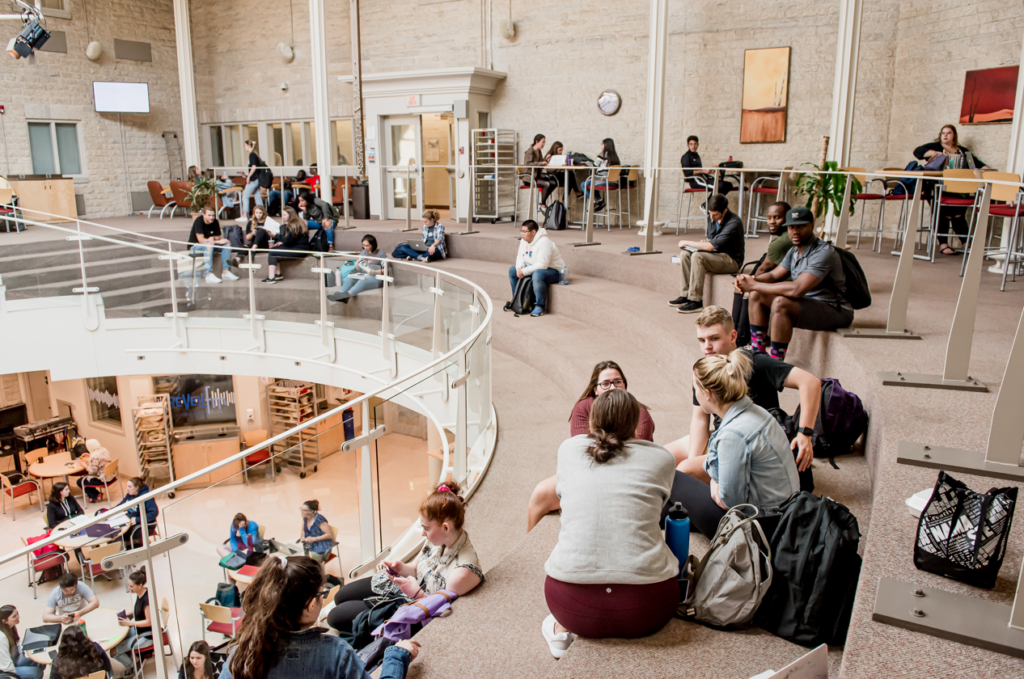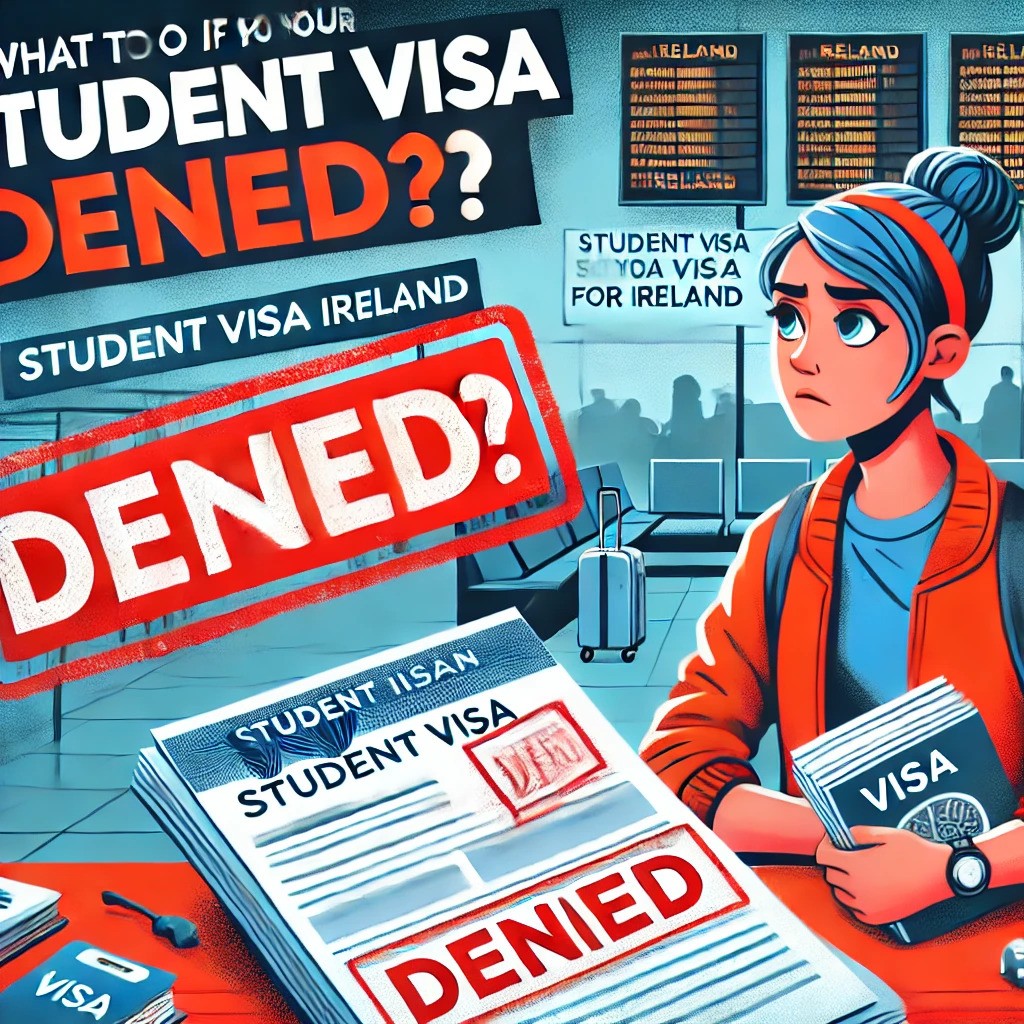Ireland has become a popular choice for international students, offering top-quality education, vibrant culture, and access to the wider European job market. With a strong focus on research and innovation, Ireland’s universities and colleges attract students from all over the world. Along with a welcoming atmosphere and a unique mix of old and new traditions, studying in Ireland can be a life-changing experience.
To study in Ireland, however, most international students need to apply for a student visa, especially if they’re from outside the EU/EEA. The student visa allows students to live and study in Ireland for the duration of their course, whether for a short-term program or a full degree. The visa is crucial to legally study, gain valuable experience, and take advantage of Ireland’s post-study work options. More information on student visas for Ireland is available from the official Irish Immigration Service.
Despite careful preparation, some students face the disappointment of a visa denial. There are various reasons a visa application might be rejected, such as incomplete documents, lack of sufficient funds, or unmet language requirements. While a denial can feel overwhelming, it’s important to remember that many students successfully reapply and address the issues from their initial application. Guidance on what to do after a visa refusal and how to reapply can be found through resources like Education in Ireland and the Irish Naturalisation and Immigration Service (INIS) website.
If you’ve had a student visa denied, know that you’re not alone, and that by addressing the issues, you can improve your chances in a new application.

Common Reasons for Student Visa Denials in Ireland
Getting a student visa for Ireland can sometimes be challenging, and applications may be denied for various reasons. Here are some common issues that could lead to a denial, along with steps students can take to avoid them.
Incomplete Documentation:
Missing documents or errors in your application are a top reason for visa rejections. Double-check that you’ve included everything required, like admission letters, bank statements, and identity proofs. The Irish Immigration Service website has a detailed list of required documents to help you prepare.
Financial Insufficiency:
You must prove you have enough funds to cover tuition fees and living expenses in Ireland. This includes showing bank statements or sponsor support. Make sure your financial evidence is clear and meets Ireland’s requirements. You can read more about this on Education in Ireland.
Academic Qualifications:
Your qualifications should match the course you plan to take. If your previous education doesn’t align with your chosen field of study, it might raise concerns. Contact your institution to understand the prerequisites for your course.
English Language Proficiency:
Ireland requires proof of English proficiency, usually through tests like IELTS or TOEFL. Ensure you meet the minimum scores. Check the IELTS website or the TOEFL website for more information.
Previous Immigration History:
If you’ve had visa issues in other countries, it may affect your Irish visa application. Be honest about your history and provide clear explanations.
Intent to Return:
Ireland wants to know that students plan to return home after their studies. Highlight your ties to your home country, such as family or future job opportunities.

Steps to Take if Your Student Visa is Denied
Facing a student visa denial for Ireland can feel discouraging, but there are steps you can take to improve your chances if you decide to reapply. Here are some practical steps to guide you.
Review the Denial Letter:
First, carefully read through the denial letter provided by the Irish Immigration Service. This letter will explain the reasons your visa was denied, which can help you understand exactly what needs to be addressed. If any part is unclear, consider asking for more information to make sure you fully understand the decision. Find more details on visa decisions on the Irish Immigration Service website.
Seek Clarification (if needed):
If the denial letter doesn’t provide enough detail, or if you still have questions, you can contact the Irish Naturalisation and Immigration Service (INIS) directly. Alternatively, speaking to an immigration advisor may also help. Advisors can explain the visa process, help interpret denial reasons, and suggest steps for reapplying. For assistance, the Citizens Information website offers useful resources.
Evaluate Documentation:
- Go through each document in your application carefully to ensure it meets the guidelines. Check that all information is up-to-date and clearly presented. If missing or incomplete documents were the issue, make sure to gather everything required for a complete application. The Education in Ireland website provides additional tips for preparing documents for a visa application.
By understanding and addressing the issues that led to the initial denial, you can strengthen your reapplication. Many students successfully secure their visas after making these adjustments, so don’t be discouraged—it’s often possible to move forward with a revised application.

Addressing Specific Issues Identified in the Denial
If your student visa for Ireland was denied, focusing on the specific issues mentioned in the denial letter can help you strengthen your reapplication. Here are some practical steps to address common issues.
Financial Documents
A common reason for denial is not meeting the financial requirements. To improve your financial proof, make sure your bank statements show sufficient funds to cover tuition and living costs. Include documents from any sponsors if they are helping with costs. For detailed guidelines on financial requirements, check the Irish Immigration Service website.
Improving Language Proficiency:
If your English language proficiency didn’t meet the required level, consider retaking a language test like IELTS or TOEFL. Practice and prepare to achieve the scores needed for your course. There are many free online resources and practice tests available. For more information on test requirements, visit the IELTS website or the TOEFL website.
Enhancing Academic Documents:
Your academic qualifications must match the program you’re applying for in Ireland. If the denial was due to insufficient qualifications, you may want to provide additional transcripts or certificates that better reflect your academic background. You can also ask your intended institution if they can provide a letter verifying your eligibility.
Clarifying Intent to Return:
- Ireland requires students to demonstrate that they plan to return home after completing their studies. To show your intent to return, include documents that prove strong ties to your home country. This could include family ties, property ownership, or a job offer waiting after graduation.
By addressing each issue clearly, you can build a stronger case for your student visa and increase your chances of approval on reapplication.

How to Reapply for a Student Visa in Ireland
If your student visa for Ireland was denied, don’t lose hope—many students successfully reapply with a stronger application. Here’s how to get started on a reapplication that addresses any issues noted in the denial.
Gather Updated Documents:
Review each document to ensure it meets the Irish student visa requirements. Make any necessary updates or corrections to provide a clear and accurate application. For instance, if financial documents or language test scores were a problem, make sure you include corrected or new versions. Visit the Irish Immigration Service for a checklist of required documents and guidance.
Write a Cover Letter:
A cover letter can help clarify changes or additions to your reapplication. Briefly explain any improvements you’ve made, such as updated financial statements, improved language scores, or additional academic records. Keep the letter concise and focused, addressing only the issues identified in your denial. This letter shows that you’ve carefully considered the reasons for the previous denial and have made efforts to address them.
Apply Within the Time Frame:
- Check if there is a specific waiting period before reapplying. While there may not be a mandatory delay, it’s wise to allow yourself enough time to make all necessary adjustments and strengthen your application. For guidance on reapplying, you can also explore the Education in Ireland website, which provides additional tips for international students.
Reapplying for a student visa in Ireland with a complete, accurate application and a clear cover letter can increase your chances of approval. With careful preparation and the right documents, you’ll be better positioned for a successful outcome in your visa process.

Tips for a Successful Reapplication
Reapplying for a student visa in Ireland can be stressful, but taking the right approach can make a big difference. Here are some key tips to improve your chances of success.
Double-Check Everything:
A successful visa application depends on accuracy and completeness. Go through each document carefully to make sure all details are correct and nothing is missing. Check requirements for financial documents, academic records, and identification, and ensure they are up-to-date. Avoid simple mistakes, as even minor errors can lead to delays or denials. For guidance on document requirements, refer to the Irish Immigration Service website.
Consider Professional Assistance:
If you’re unsure about any part of the process or if you’ve been denied before, seeking professional help can be a smart choice. Visa consultants or immigration advisors understand the application process well and can help you avoid common mistakes. They can provide insights into addressing any specific issues in your reapplication. Resources like Citizens Information offer information on seeking immigration assistance in Ireland.
Be Honest and Transparent:
- If your previous application was denied, be upfront about it. Explain any past issues honestly and provide clear, supportive documents to address them. For example, if financial sufficiency was a concern, include stronger financial evidence this time. Immigration officers appreciate transparency, and hiding information could hurt your chances more than help.
Following these tips can help you present a stronger application that meets all requirements. Remember, many students have successfully reapplied and obtained their student visas for Ireland. With careful preparation and a complete, honest application, you can increase your chances of a positive outcome.

Other Options If You Cannot Obtain a Student Visa
If you’re unable to secure a student visa for Ireland, there are still other paths to consider. Here are some options that may help you achieve your educational goals.
Alternative Study Destinations
If studying abroad is your priority, consider other countries with flexible student visa policies. Countries like Canada, the UK, or Australia often welcome international students and may have different visa requirements. These places also offer high-quality education and similar post-graduation work opportunities. You can explore options by visiting resources like Study in Canada or Study in the UK.
Apply to Study Online:
Many Irish universities now offer online courses, allowing you to study from your home country without needing a visa. Online study provides the same quality education and can save on living costs. After completing an online degree, you may still be eligible to apply for work visas in Ireland or other countries. For more information, check the websites of universities such as University College Dublin or Trinity College Dublin, which offer remote learning options.
Other Visa Types:
If studying in Ireland is essential, consider looking into other visa options that might allow you to enter the country. For instance, a short-term visa may permit you to take short courses or training programs. You can also look into Ireland’s work and training visas, which may offer pathways to eventual study. Learn more about different visa categories on the Irish Immigration Service website.
Even if a student visa isn’t possible right now, these alternatives can help you gain valuable education and experience, keeping your academic and career plans on track.

Conclusion
A student visa denial can be disheartening, but it doesn’t have to end your dream of studying in Ireland. Many students face similar challenges and go on to succeed by reapplying with a stronger application. By understanding the reasons for the initial denial and addressing them carefully, you can improve your chances of a positive outcome.
Remember, persistence is key. Take the time to gather the right documents, seek guidance if needed, and be clear and honest in your application. With patience and effort, you may soon be on your way to Ireland, ready to pursue your education and new opportunities. Don’t give up—your goal is still within reach!



